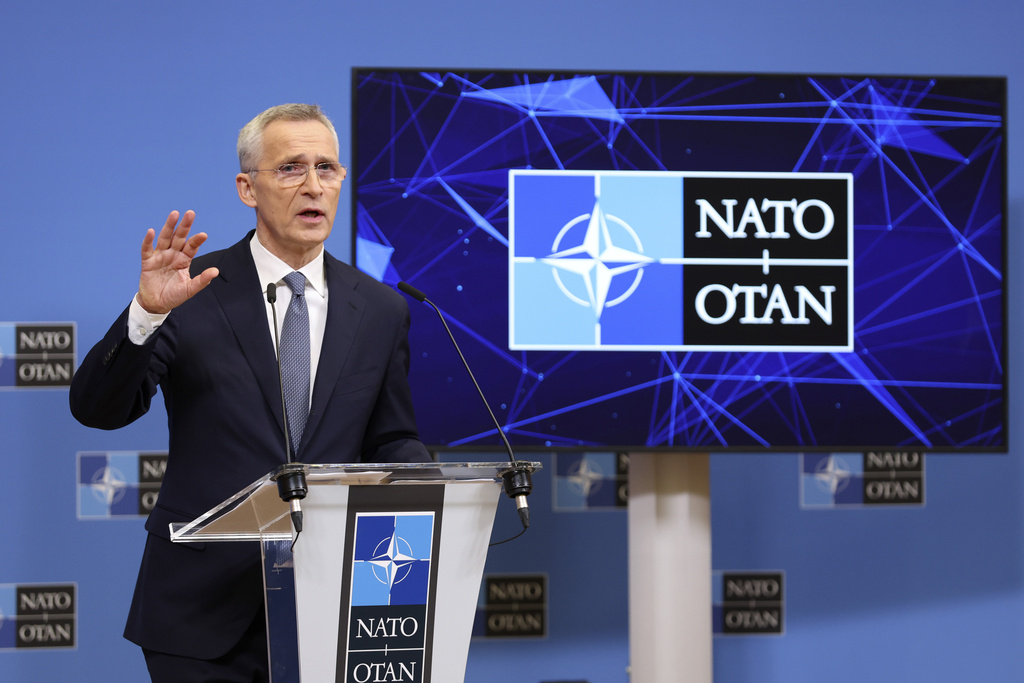Finland will become the 31st member of NATO on Tuesday after the Turkish parliament ratified its accession to the defense alliance, NATO Secretary General Jens Stoltenberg told a press conference in Brussels on Monday.
Stoltenberg, who is in the Belgian capital ahead of a two-day meeting of NATO foreign ministers, said the Finnish flag would be raised on Tuesday afternoon at the alliance’s headquarters.
The Norwegian politician explained that Finland’s accession will make NATO stronger. And as Finland becomes a safer place, it will also increase security in Sweden, which is waiting to join the alliance.
“It will be a good day for Finland’s security, for the security of the Nordic countries, and for NATO as a whole,” he told reporters.
He stressed that last year the allies made a historic decision when they invited Finland and Sweden to join NATO, and expressed hope that a swift decision would be taken by all member states in the case of Sweden, similar to the ratification process in Finland.
“All allies agree that Sweden’s accession must be completed quickly,” said Stoltenberg, adding that this was in the interest of NATO and the entire North Atlantic community.
He said that Turkey, which was the last country to ratify Finland’s membership, would hand over the official documents on Tuesday in the presence of U.S. Secretary of State Antony Blinken. Finland will then also deposit its instrument of ratification.
Finland’s accession shows that NATO’s door is open and that it is not up to Moscow to decide who can join NATO and who cannot, Stoltenberg explained, adding that there can be no aggression of any kind against Sweden without a reaction from the military alliance.
NATO was last enlarged on March 27, 2020, when representatives of North Macedonia signed and deposited their country’s instrument of ratification with the U.S. State Department, the depository state of the North Atlantic Treaty Organization.
NATO was founded in Washington on April 4, 1949, during the Cold War arms race. The founding members included the United States, Belgium, Canada, Denmark, France, Italy, Iceland, Luxembourg, Norway, the Netherlands, Norway, Portugal, and the United Kingdom. Hungary, along with the Czech Republic and Poland, joined the military bloc in 1999.
In line with the defense alliance’s main objectives, member states are obliged to use all political and military means to safeguard the freedom and security of member countries, and vow to undertake a collective defense, meaning that an attack against any member will be considered an act of aggression against all members of the alliance.






